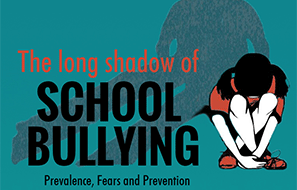Relaxation of limits meant to offset effects of aging population
 |
|
Pregnant women line up for health examinations at a maternity clinic in Jinan, Shandong province, on March 15.Zhao Xiaoming / Xinhua |
Then the size of population will start tapering off, becoming stable at around 1.38 billion, compared with around 1.2 billion without the policy change, it said.
"The long-term effect of the universal two-child policy, thus, is significant to China's sustainable development," Yuan said.
By the year 2050, it is expected to result in an extra 30 million working-age people and lower the aging rate by 2 percent, commission projections show.
However, "that's based on optimistic estimations," Yuan said. "Uncertainties over the long run remain, like if the younger people are willing to have a second baby, to sustain growth."
He said the policy would, in five years, probably bring about 15 million extra newborns. After 2020 the annual births would start flattening out after hitting around 18 million. Last year, there were 16.65 million newborns, according to the National Bureau of Statistics.
Roughly 60 percent of the women eligible to the right of one additional childbirth are at least 35 years old.
Many of these women aged 35 and older are now rushing against the ticking clock of weakening fertility to have a second baby. That means, Yuan said, "there will be a virtual traffic jam in newborn babies in China in next few years".
Within a few years, second children would account for 40 to 50 percent of the total number of newborns, he projected.
Bai Ying, 36, a Beijing-based engineer, is now four months pregnant with a second child.
"I am concerned about the birth pileup as the future competition in education and employment will become even tougher for my second baby. But my age doesn't allow me to wait any more," she said.
The family planning commission pledged in its statement to collaborate with other departments to make it easier to raise children. Perks in taxation, maternity leave and education are being considered for families with two children.
But it also stressed the long-term population pressure that could be exerted on limited resources and the environment in China.
So, "the country will stick to family planning," it said. There is no timetable for eliminating government rules on the number of children born to a family.
For women like Bai, the newborn traffic jam is being felt the most in large cities.
"I think I will deliver my baby in a private hospital, which is expensive, since it's hard to land a bed in large public hospitals. It would be too crowded, besides," she said.






















